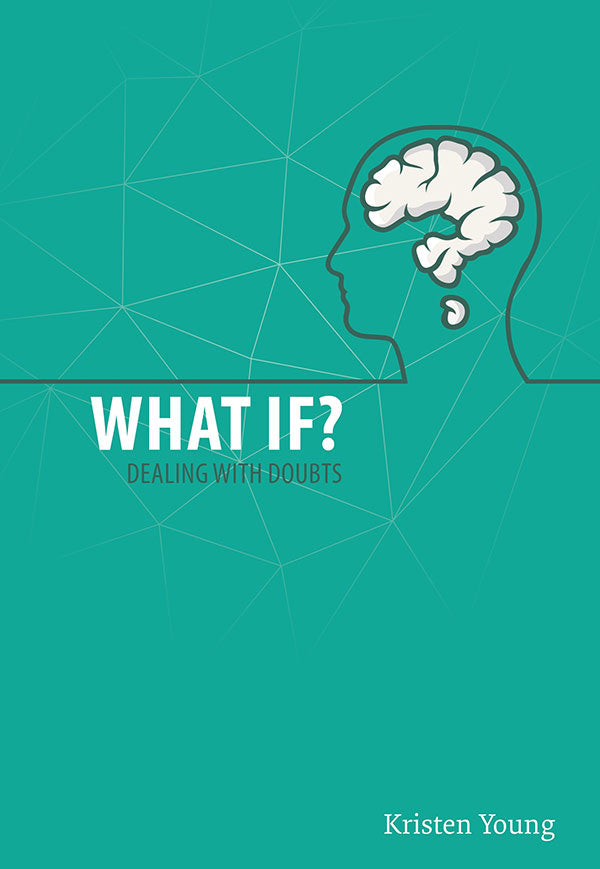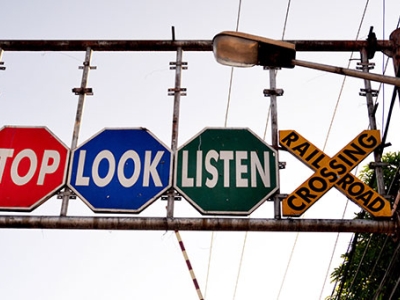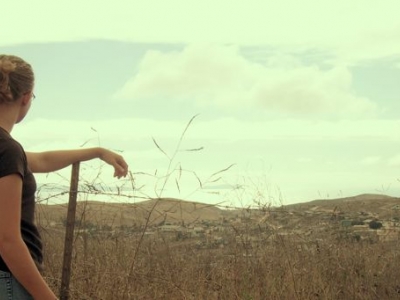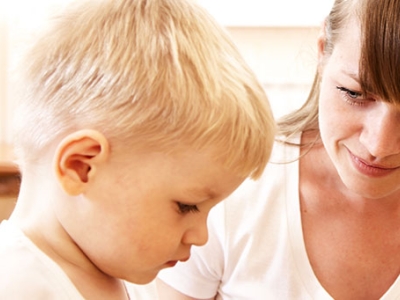
When ‘Mummy mode’ doesn’t help anymore
They may not need us to ‘fix’ things, but they still need us.
A fellow mum recently observed that she is growing out of being in ‘Mummy mode’. Her children are teenagers and young adults, and they no longer need Mum to swoop in and fix their problems as they did when they were younger. Dads are often great at being their children’s ‘Mr Fix It’ too. Bee sting? Splinter? Grazed knee? Dads can scoop up a small child with a burst of energy that would impress even Superman. Caregivers of all kinds can develop seemingly supernatural skills at helping little ones with their accidents, injuries and difficulties.
‘Oh no! Let’s put a bandaid on that! Look! I’ve got some with pictures. Which one do you want?’
‘No, no, we don’t hit others when we are angry. Say sorry to Theo. We can share the toy.’
‘Well, in this house, we eat our vegetables. You can either have two pieces of broccoli or three pieces of carrot before you leave the table. Your choice.’
There is something right and satisfying in seeing parents care for their children in these ways. It’s an age-appropriate expression of support and love as they grow and learn about themselves and the world around them. And many parents and caregivers really nail the ‘Mummy mode’ or ‘Mr Fix It’ approach towards our children so much that it seems to become a habit.
As many will tell you, being a parent to older children and teens is different to the infant and toddler stage. Less physically demanding perhaps, but still exhausting in a range of other ways. One of the challenges is recognising that the approaches that worked when kids were younger may not work when they’re older. My teens often cringe, roll their eyes or sigh when I inadvertently go into ‘Mummy mode’ and lay out a range of ways to fix their issues. What they need from me now is listening ear and a posture of warmth, acceptance and confidence in their ability to meet their challenges. Easy to say but oh so hard to make that shift when ‘Mummy mode’ has become so entrenched! Here are two aspects of this shift I’ve learned as I’ve struggled to be a better parent.
A safe, calm presence
I need to be a reliable safe haven for my teens. While the physical changes of adolescence lead to waves of emotion that can be overwhelming, and the changing social dynamics of high school are confusing, teens need parents to be steadfastly, reliably present and for them. Despite my tiredness or emotional state, when my daughter comes to me with a whirlwind account of her day, I need to shelve my own needs for a time and listen. When the anger and emotion is directed at me, I need to remain calm and kind. I can’t respond out of my needs or even my hurt at what’s been said, but be a calm, solid presence.
I’ve discovered, unsurprisingly, that I need God’s help with this. I’m often praying for strength and perseverance in those moments, and for forgiveness when I fail. But just as God is a stronghold we can run to in times of trouble (Psalm 9:9), and is unchangingly faithful and loving, we as parents need to be an earthly echo of that stronghold for our children. That is part of the pattern of relationship that was built into creation from the beginning.
Name that feeling
I need to help my children recognise and name their emotions. This can actually start much earlier and there are picture books and resources to help parents of younger children in this area (such as Count Yourself Calm by Eliza Huie). But it also applies later on and often the teen years are all about learning to recognise and manage emotions all over again (just like the toddler years!). It sounds like this:
‘Sounds like you’re really angry about that.’
‘Oh no, that seems to have really hurt you.’
‘Perhaps you’re feeling a bit afraid of what might happen if you say something to him?’
These kinds of statements that reflect feelings back in a gentle, tentative way give our young ones the opportunity to accept or reject the emotion. They learn to recognise what is happening in themselves, and consequently have a clearer place to respond from. There is also often great relief in someone understanding and normalising their experience. I can also help them take these feelings to God in prayer, but I can’t jump straight to that as a ‘solution’ (even though it is one).
My teens and older children don’t usually need me to go into ‘Mummy mode’ and give them solutions to their problems. I’ve found that the better (and harder) way I can support them is to be a safe, calm presence who listens and demonstrates understanding. This kind of response also models my confidence that my teens are capable of finding their own solutions to their problems and dilemmas. I don’t need to lay out a range of possible solutions straight up but allow them the space to find their own path. This may involve some guidance and shared wisdom but only after I’ve listened well first.
I’m praying for God’s help to do this, and I hope you will too.

What If?
This easy-to-read book gives the beginnings of answers to some of life’s biggest questions, about God, Jesus, the Bible and you. Some of the questions featured include ‘What if science gets rid of God?’, ‘What if we can trust the Bible?’ and ‘What if I don’t feel like a Christian?’. Whether they flip through it to read about their most burning questions, or read it cover to cover, this book will help teens on their journey to finding the answers!
For more articles from Growing Faith, subscribe to our monthly e-newsletter.
To hear about the latest books and resources from Youthworks Media, subscribe here.








